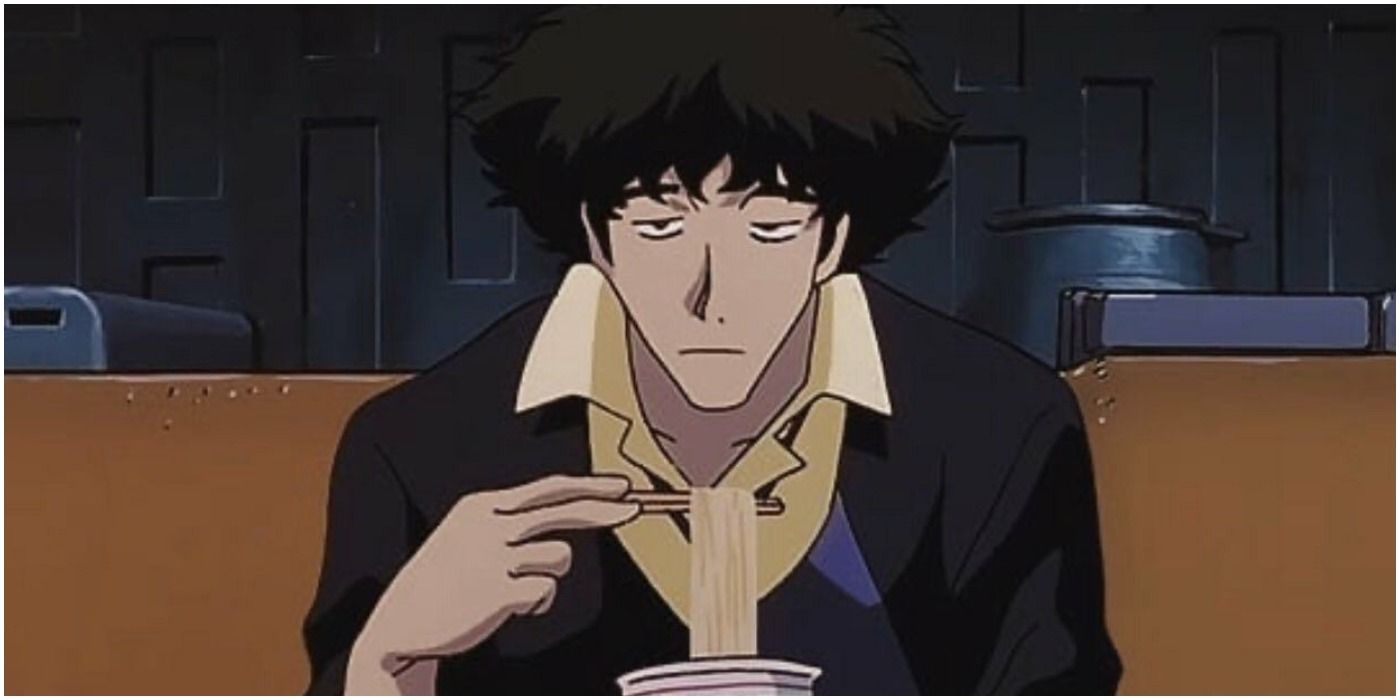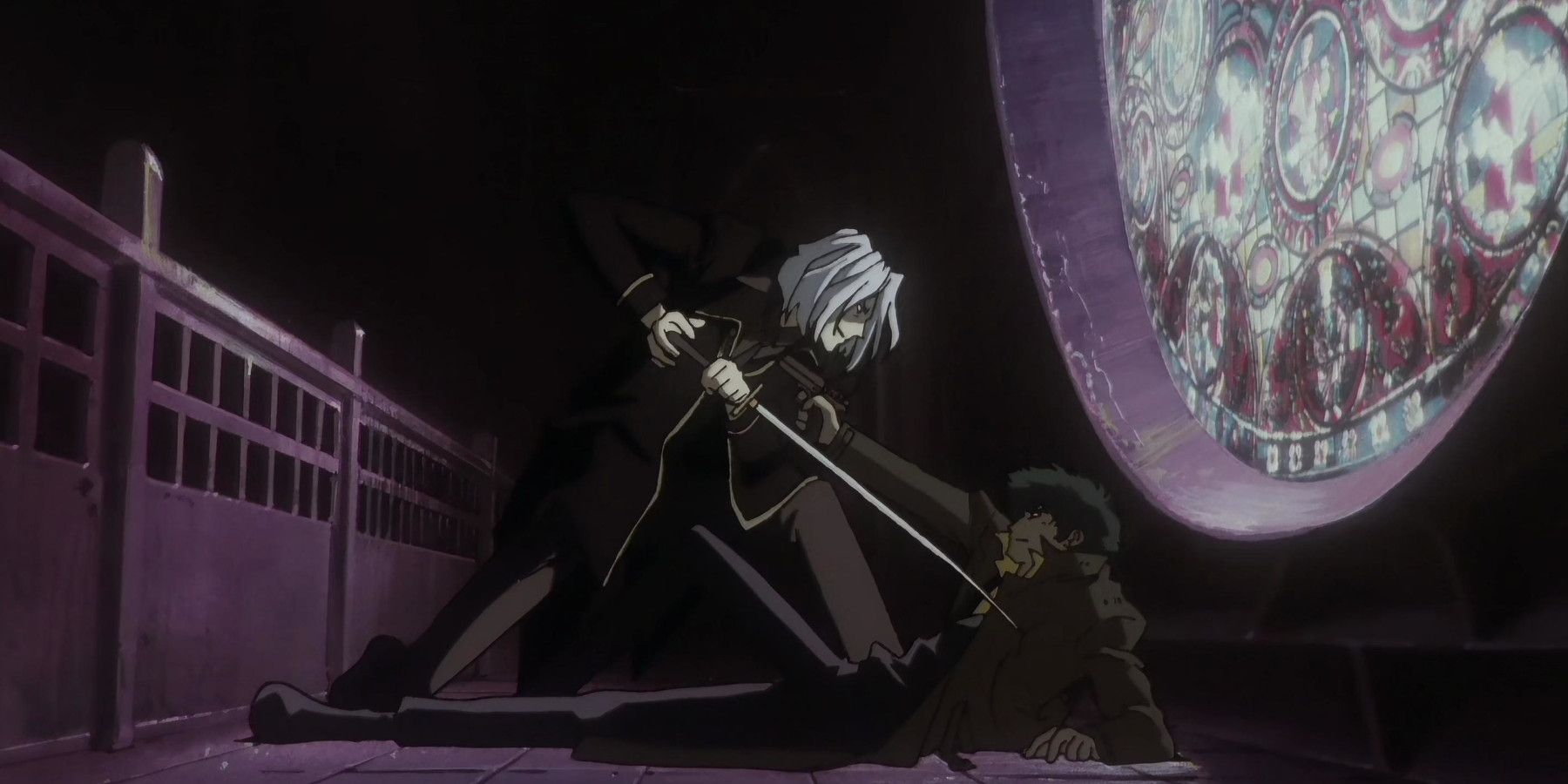Spoilers Ahead for the early episodes of Cowboy Bebop.
Cowboy Bebop is a certified classic and like with any huge series that people talk about with particular reverence, there is a high standard set for those who hear about it. But a lot has to happen in a story for audiences to feel that level of love for a story by the end of the road, and it doesn't always grip like a vice in the beginning.
Bebop aired in 1998 when Director Shinichiro Watanabe was told by publishers he could make anything he wanted to so long as there were ships they could sell toys of. The result was a noir drama with elements of western cinema and jazz combined to make one of the classiest animated character ensembles in history.
The Legacy
Those who hear about Bebop - and especially those who aren't particularly large anime fans - are often surprised by how short the series is, at just 26 episodes and a movie. For a show that gets so much praise, some audiences would expect it to be a story spanning multiple seasons, like the most acclaimed American dramas.
26 episodes, each one 24 minutes in length, most of which are standalone stories that don't hinge much on previous stories. The story isn't a serialized narrative, but an episodic adventure with no real goal in sight. It's actually a very simple story, but it's through that simple framing that a much more poignant narrative can nest in the mind of the viewer, though it might not be apparent at first.
The Premiere
"Asteroid Blues" is the first episode of Cowboy Bebop, where the party of bounty hunters aboard the Bebop is just two: Spike Spiegel and Jet Black. They hunt Asimov Solensan, a wanted killer, who is traveling with his partner Katerina. Spike clashes with Asimov a few times before their chase ends in the deaths of both Asimov and Katerina.
It's a pretty solid premiere that establishes the space-faring science fiction backdrop contrasted with the very grounded look of the futuristic cities built among the stars. We learn that our heroes are poor and barely getting by when they take on the contract for Asimov. And even when the bounty hunt ends up failing, that fact is hardly dwelled on.
The best parts of the premiere come at the end, after a fun fight between Spike and Asimov where the former's cunning comes in handy to trick him into a rematch from their earlier spat. But frankly, nothing in the episode compares to how it ends.
Throughout the whole episode, Katerina and Asimov's situation has appeared increasingly desperate. They're on the run and Katerina clearly wants them to run away and get out of their life of crime, so they can just be happy. She slowly realizes she's in over her head until it's clear that there's nowhere left to run.
When Katerina kills Asimov and then lets the police blockade shoot her ship to pieces, it's immensely sad to see. It's a very layered scene as well, where all kinds of information are presented to the viewer all at once. Even just Katerina's stomach opening to reveal she wasn't pregnant, but just a drug mule, says a lot about how deeply entrenched she was and how desperate she must have been to just end it.
The Following Episodes
The more one revisits the pilot, the more details one notices, making it easier to appreciate as a standalone story. With that said, a lot of that charm appears closer to the end when the more human side of Bebop's storytelling rears its head. And afterward, the show is a little slow on the uptake.
This could be a hot take, but following the premiere, the next few episodes don't do a great job of displaying the best of Bebop and are a lot more comical and silly. They aren't bad episodes per se, nor are they without good music or the introductions of important characters, but they are also far from the best in the series.
"Stray Dog Strut" is the introduction of Ein, the super-intelligent Welsh Corgi, but it's a rather one-note episode all things said. "Honky Tonk Women" is at its best at the start when Faye introduces herself with a bang, but the rest of the episode is somewhat forgettable. "Gateway Shuffle" is the most involved adventure yet, but the premise might throw viewers for a loop if they aren't expecting something so ridiculous
Again, none of these episodes are particularly flawed, but they aren't the most intriguing, and the episodic nature of the series might actually hurt the show early on. There hasn't been much time to get invested, nor a truly great story to incentivize investment. At the same time, it might have been foolhardy to rush into things.
"Ballad of Fallen Angels"
From episode five onward, most Bebop fans agree that the show starts to get a lot better. A bulk of the character introductions are out of the way and the crew is more fleshed out, with Faye and Ein having become permanent fixtures in the team. And a lot of this is likely because of the far more serious episodes five and six.
Bebop is a series with very idealized sexy depictions of the lifestyles its characters portray, but it is important for the series to rip off that armor and allow its characters to be human and vulnerable. As soon as someone has sat with Bebop long enough for "Ballad of Fallen Angels" or "Sympathy for the Devil," they are likely in it for the long haul.
When someone finishes a TV show that they love, it can be really easy to characterize the show by the totality of the journey rather than the individual rungs on the ladder leading to the end. And some TV shows can be slow to start, hence why so many people will recommend shows and say things like "it gets better in season 2" or "just stick with it, you'll like it."
The promise of something getting better doesn't necessarily mean that the beginning is without flaws simply because it is building to something. Similarly, it should be understood that the hype going into something can set expectations far too high. It would be ludicrous to assume that Bebop should open with a series of episodes on par with its best adventures, to say nothing of its finale.
Is Bebop's beginning simply a victim of the show's overarching legacy and hype, or could it actually have been a better beginning to the series? Perhaps a mix of both, as the first episode is quite good all things considered. It's mostly let down by some episodes that fans wouldn't rank too highly and that new viewers may not find the most enticing.
Some have suggested an altered viewing order by which episodes 5 & 6 are viewed first, but it might be easier to suggest that new viewers interested in Bebop go in with an open mind. Commit to watching past episode six and decide if the series is worth your time, and if not, maybe try the movie from 2001 as a last resort to get in the mood for Bebop.
It may be a classic, and its merits are well documented, but it isn't for everyone, just as the best TV dramas like Breaking Bad aren't for everyone. No harm if Bebop isn't quite doing it for you, but give the show a chance, and it might become clear what everyone is raving about.
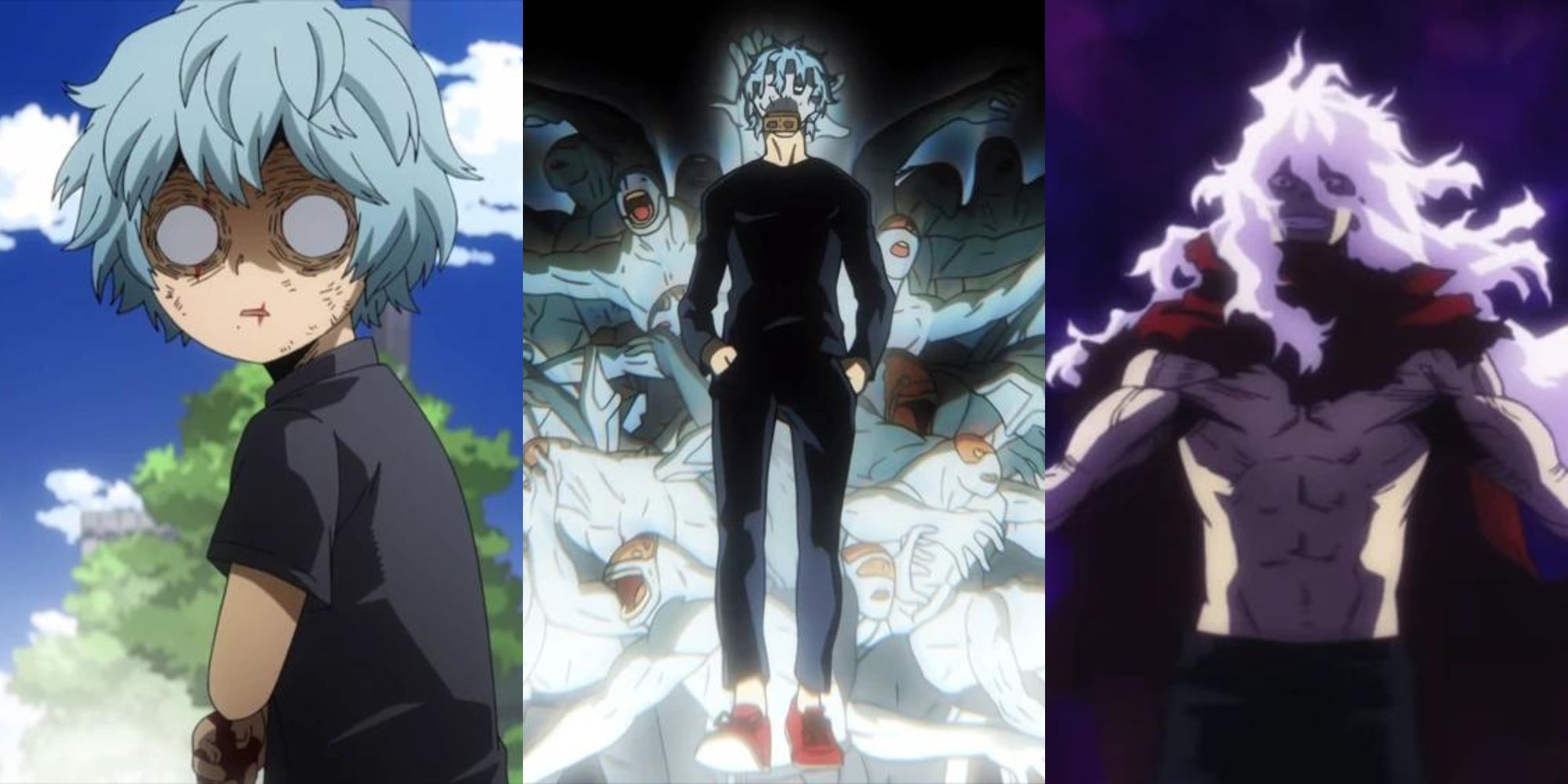
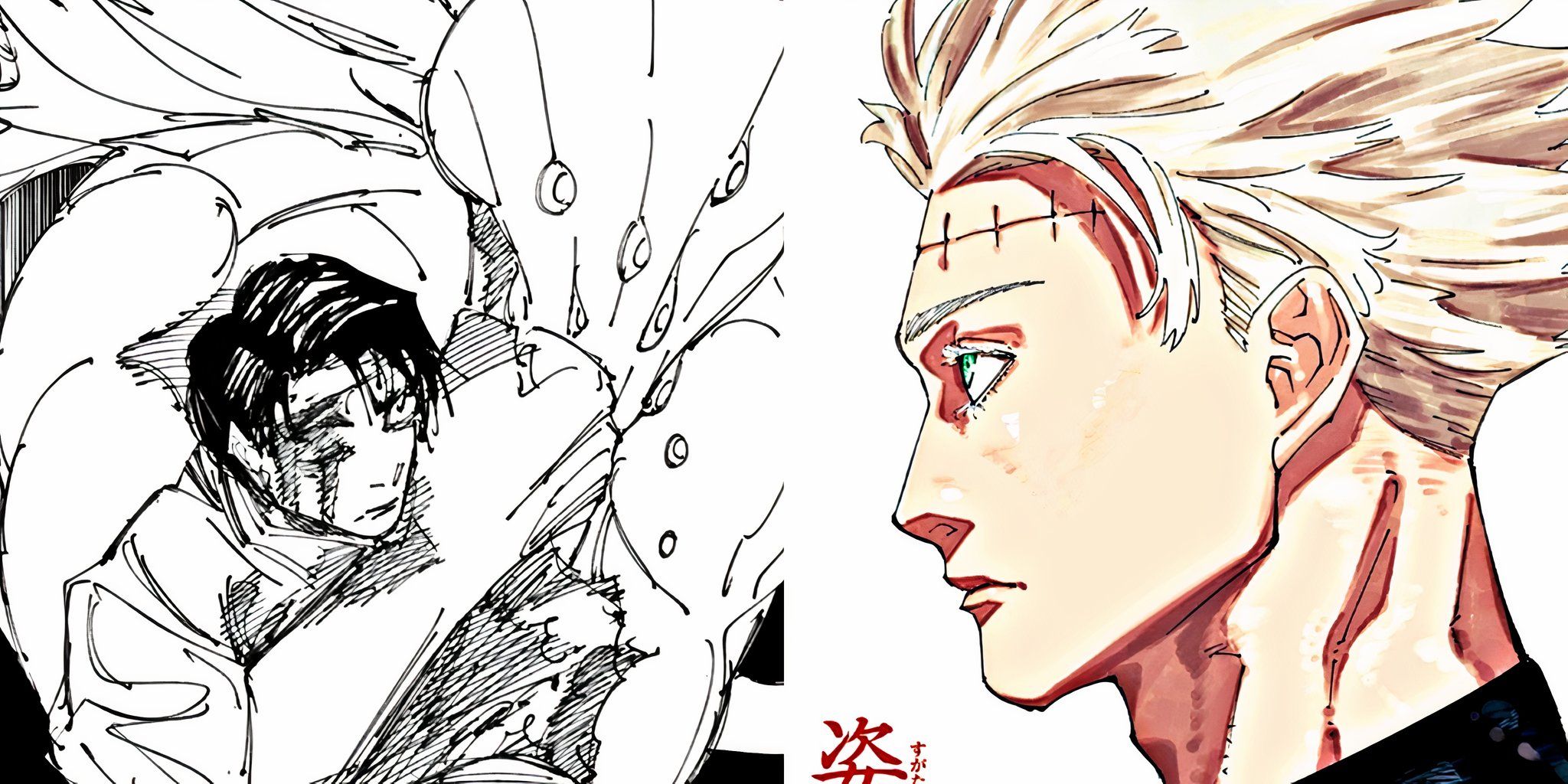
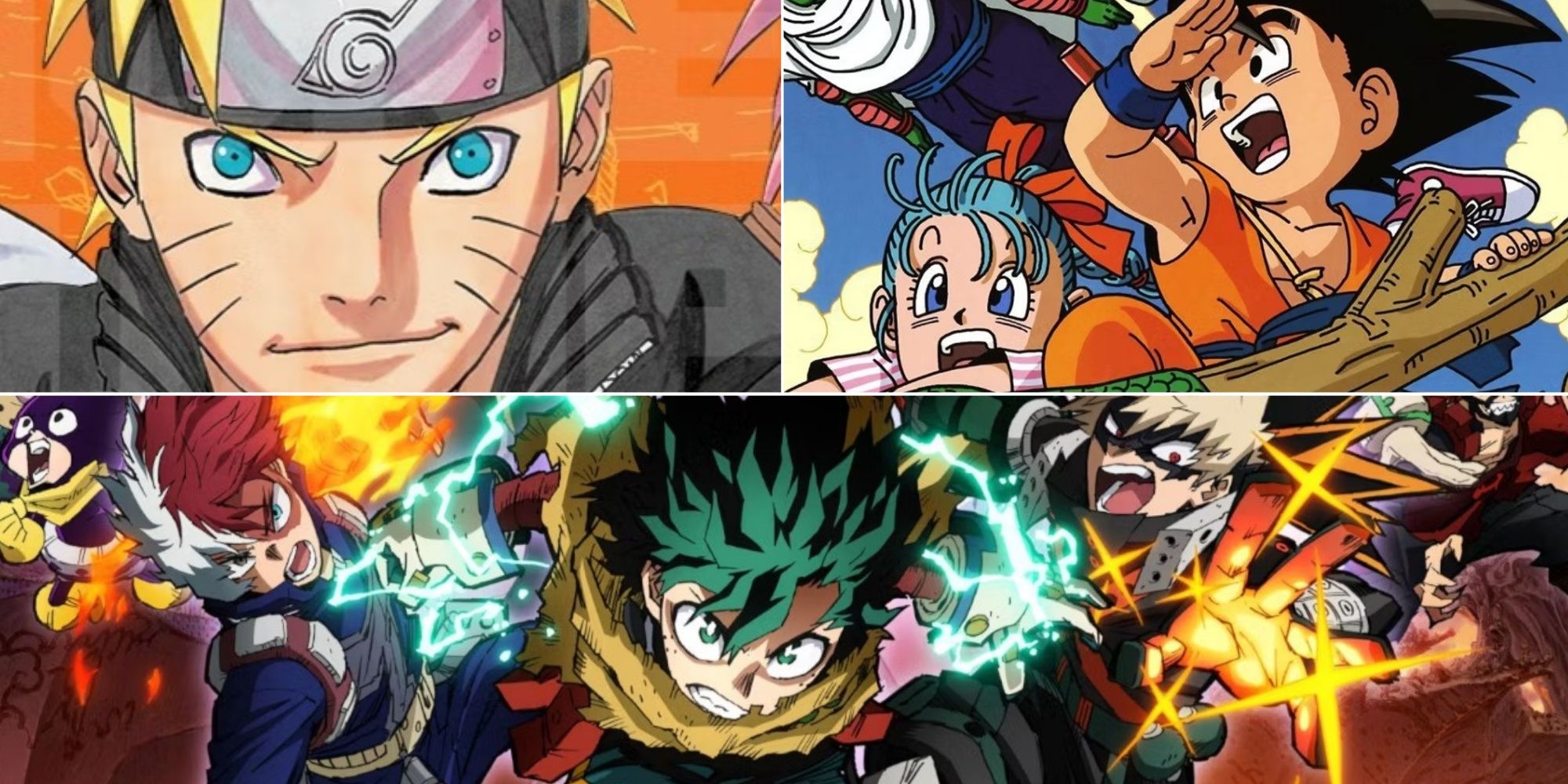
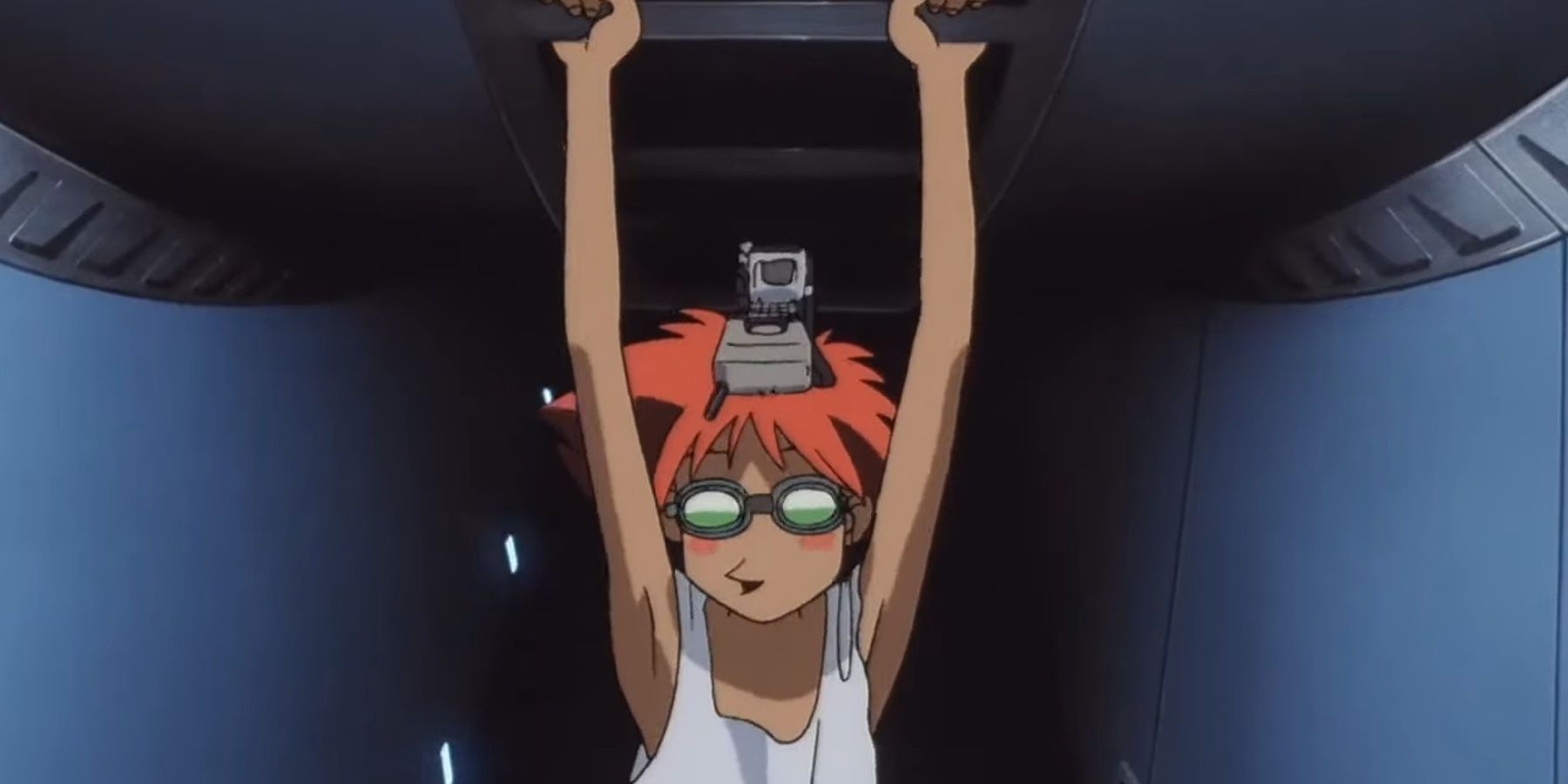
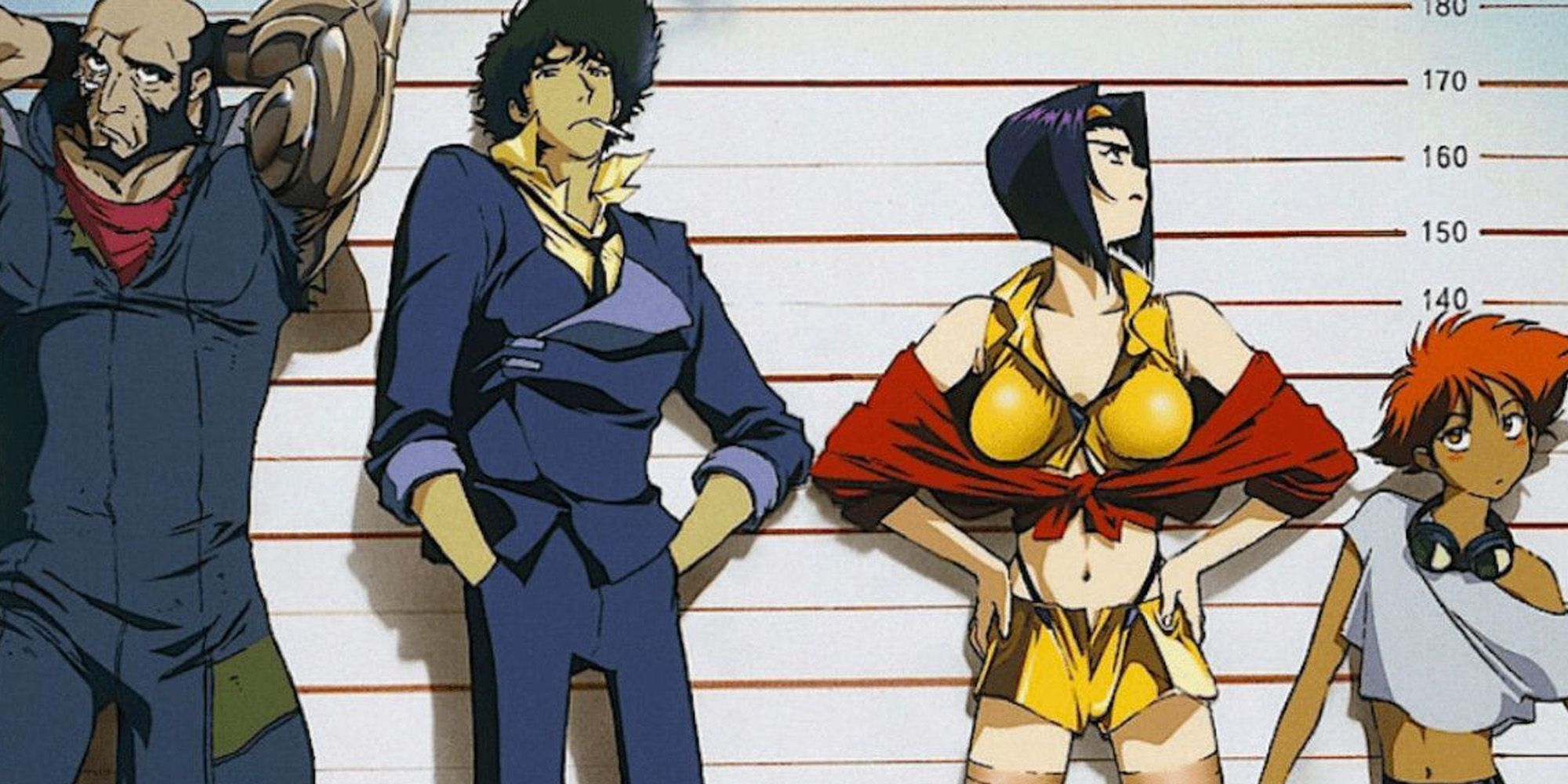
.jpg)
